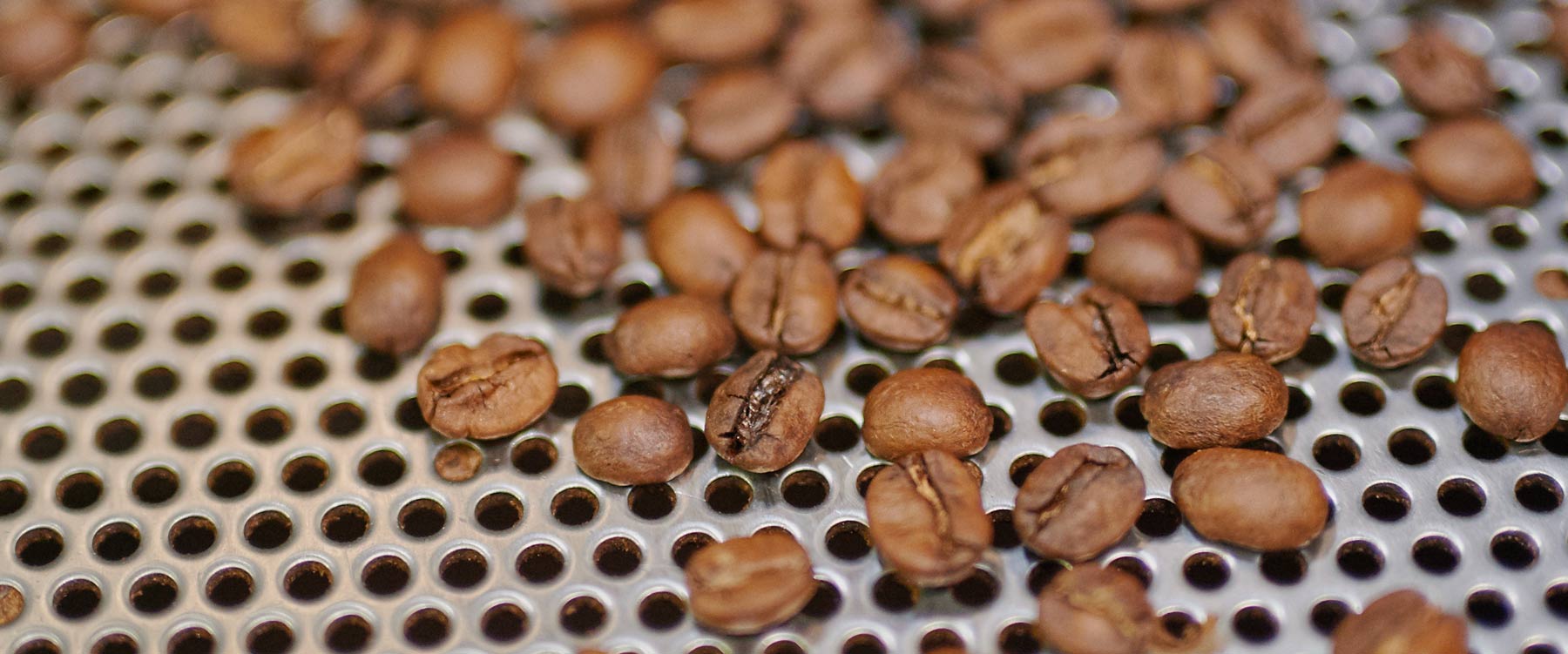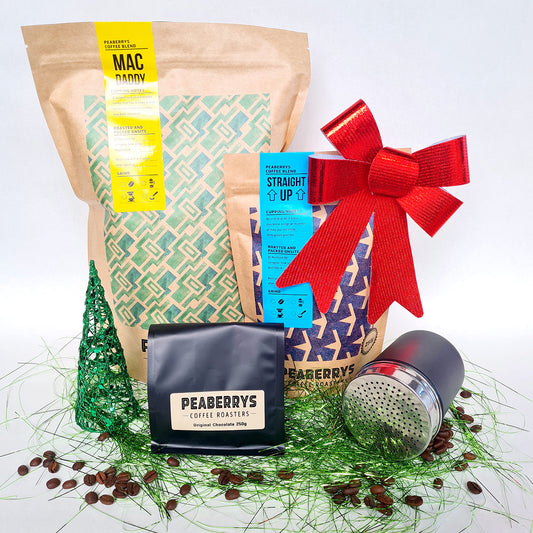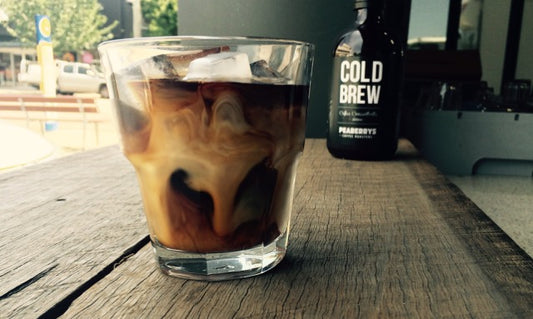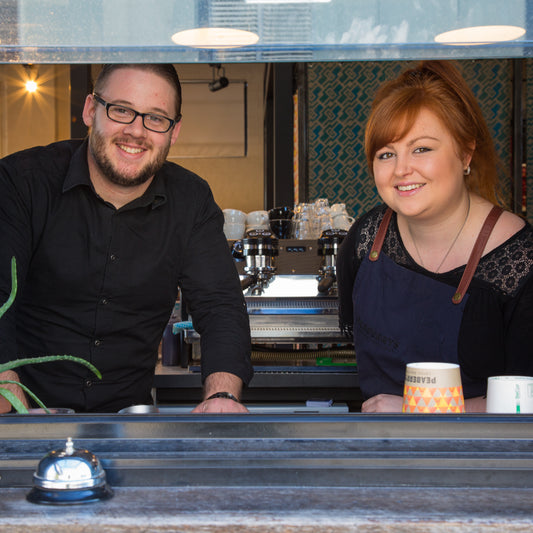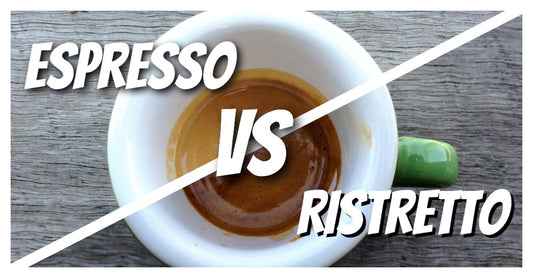Earning a reputation for consistently delicious coffee can make or break a cafe or espresso bar - so why do we give it so little attention?
Perhaps because it’s often seen as a mystery.
“If I just find the right barista…”, “maybe it’s just the humidity…”, “it tastes best when neptune is aligned with saturn…”
I guess there is an element of ‘art’ to coffee, but extracting coffee is really just some pretty basic science.
A quick recap of the basics
Extraction? What now? it's about 'extracting' the best balance of flavour from the coffee.
As a general rule, if the coffee is flowing too fast / too short and you'll have edgy, sour under-extracted espresso.
Too slow / too long: things are going to get bitter and metallic - what we call over-extracted.
For each different coffee / blend, there should be a spot somewhere in the middle where we get a balance of sweetness, balance & acidity that tastes best.
How a recipe can help
You can’t taste every coffee you serve, a coffee recipe creates a benchmark that you can use to calibrate your staff / equipment. As the old saying goes “what gets measured, gets managed”
For a basic coffee recipe you need to measure 3 things:
- the weight of ground coffee in the filter
- the weight of liquid coffee (espresso) that comes out
- the time it takes to pour
Our recommended recipe for a standard double espresso is:
22g ground coffee
40g liquid espresso
30 seconds
This is where I start when I’m tasting a new coffee, and then adjust as needed for maximum tastiness.

What happened to the old-fashioned 30ml shot?
It's not wrong, it's just less accurate. Due to the crema (foam) on the espresso, the volume of the shot will change depending on how many days after roast you're using it and how long you let it sit. The weight doesn't change.
How to get started
1) Grab a set of digital scales
2) make a coffee using the scales to measure the weight of the ground coffee, the liquid espresso & the extraction time
3) Taste it
3) If it's good, write it down somewhere (grinder hopper? on the scales?)
4) Get your team to use it as the benchmark to ‘dial in’ the machine and grinder
5) Challenge them to find a better recipe...
That's it for now, feel free to hit us up for more info at: sales@peaberrys.com.au.


